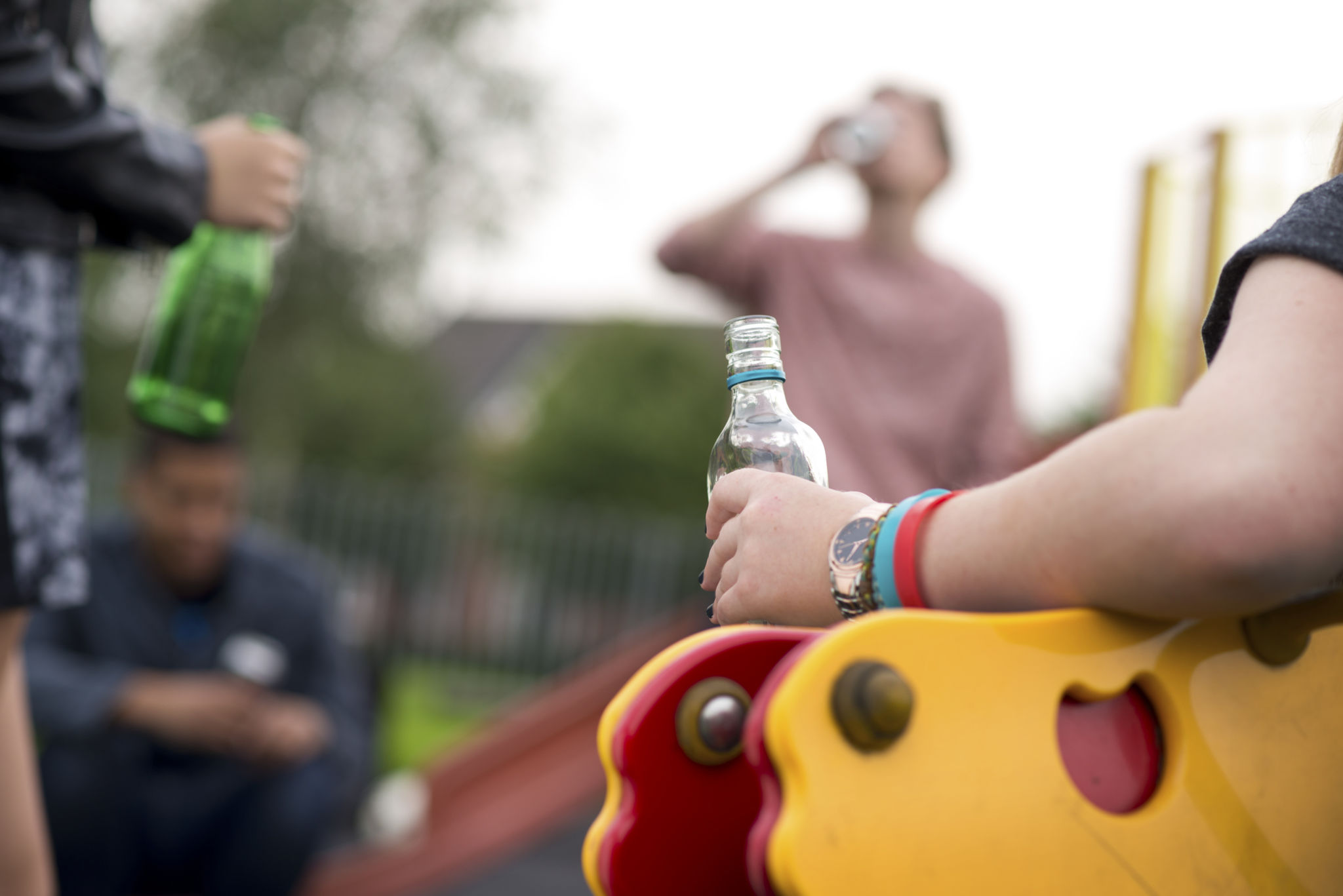Expert Tips for Parents: Recognizing the Signs Your Teen Needs Intervention
Understanding Behavioral Changes
As teenagers transition from childhood to adulthood, it's normal for them to experience mood swings and changes in behavior. However, as a parent, it's crucial to recognize when these changes might indicate a need for intervention. Understanding these signs early can make all the difference in providing the support your teen needs.
One of the most common indicators is a sudden drop in academic performance. If your teen has historically been a good student but is now struggling with grades, it may be a sign of underlying issues. Additionally, pay attention to any drastic changes in their social interactions, such as withdrawing from friends or family.

Emotional Indicators
Emotional changes can be subtle but are significant markers of when a teen might need help. Look for persistent sadness or depression, which may manifest as a lack of interest in activities they once enjoyed. Anxiety is another common issue, often accompanied by symptoms like excessive worrying or panic attacks.
If your teen is experiencing frequent emotional outbursts or seems unusually irritable, these could be signs of stress or deeper emotional issues. It's important to approach these situations with empathy and understanding rather than judgment.

Signs of Substance Abuse
Substance abuse is a serious concern for many parents, and knowing the signs can help catch problems early. Keep an eye out for physical indicators such as bloodshot eyes, sudden weight loss or gain, and changes in sleep patterns. Behavioral signs include increased secrecy, stealing money, or finding paraphernalia.
It's essential to address these issues directly but calmly with your teen. Open communication can often help them feel safe to discuss any problems they might be facing.

Recognizing Risky Behaviors
Teens may engage in risky behaviors as a way of coping with stress or peer pressure. This can include experimenting with drugs or alcohol, reckless driving, or engaging in unsafe sexual activities. Recognizing these behaviors early allows for timely intervention and guidance.
It's important to establish clear rules and consequences while maintaining an open dialogue about the dangers and repercussions of such actions. Encouraging positive activities and hobbies can provide healthier outlets for their energy and emotions.
Seeking Professional Help
If you suspect your teen needs intervention, seeking professional help is an essential step. This might involve therapy or counseling sessions where they can discuss their feelings with a trained professional in a safe environment. In some cases, medication may be necessary to address specific mental health conditions.
Consulting with school counselors can also provide additional support and resources for both you and your teen. Remember, seeking help is a sign of strength and dedication to your child's well-being.

Building a Supportive Environment
Creating a supportive home environment is key to helping your teen navigate through challenging times. Encourage open communication by actively listening to their concerns without immediate judgment or criticism. Let them know they are not alone and that you are there to support them.
Participating in family activities can strengthen bonds and provide opportunities for meaningful conversations. Additionally, fostering a sense of routine and stability at home can help ease anxiety and stress.
By recognizing the signs early and taking appropriate action, you can play an integral role in guiding your teen towards a healthier path. Remember, your involvement and support are crucial components in their journey to adulthood.